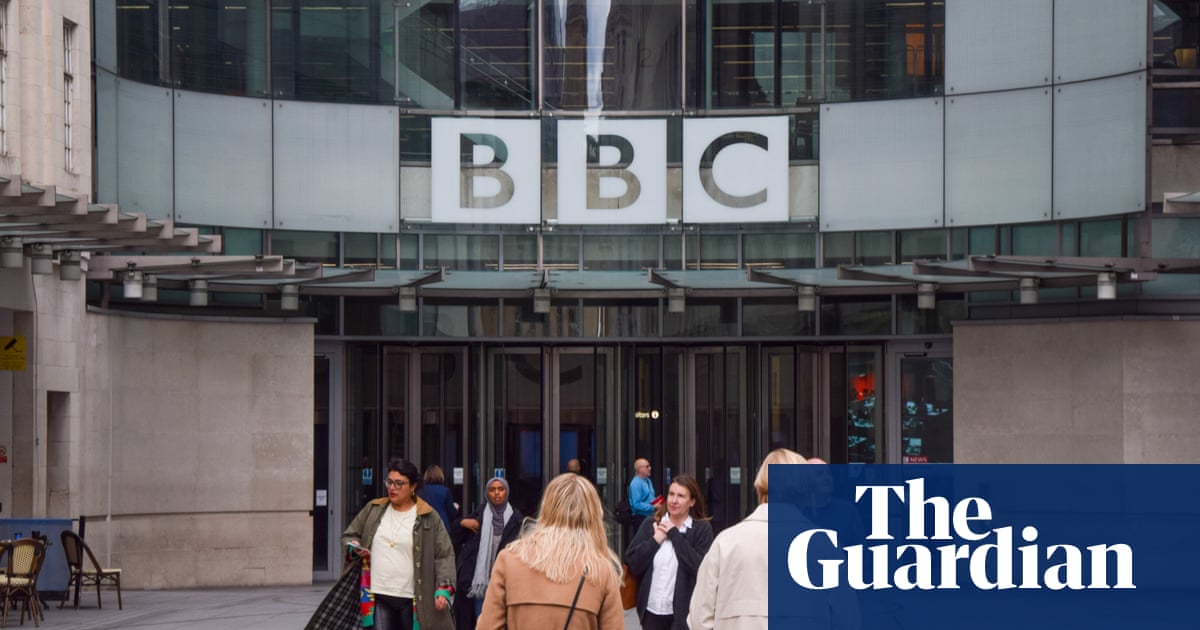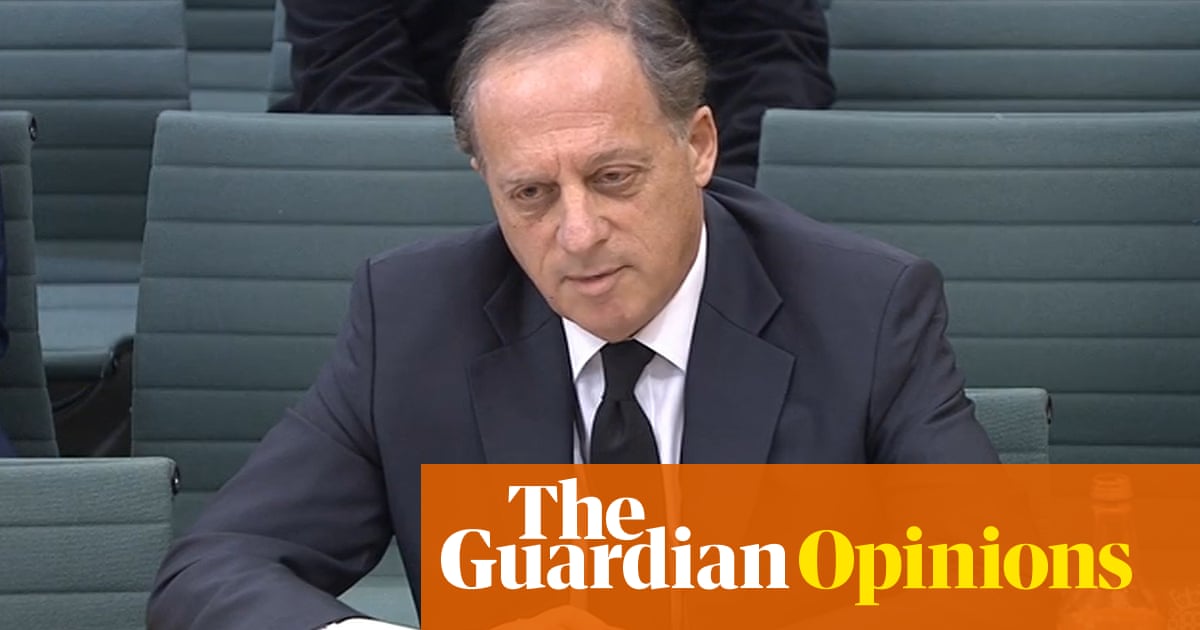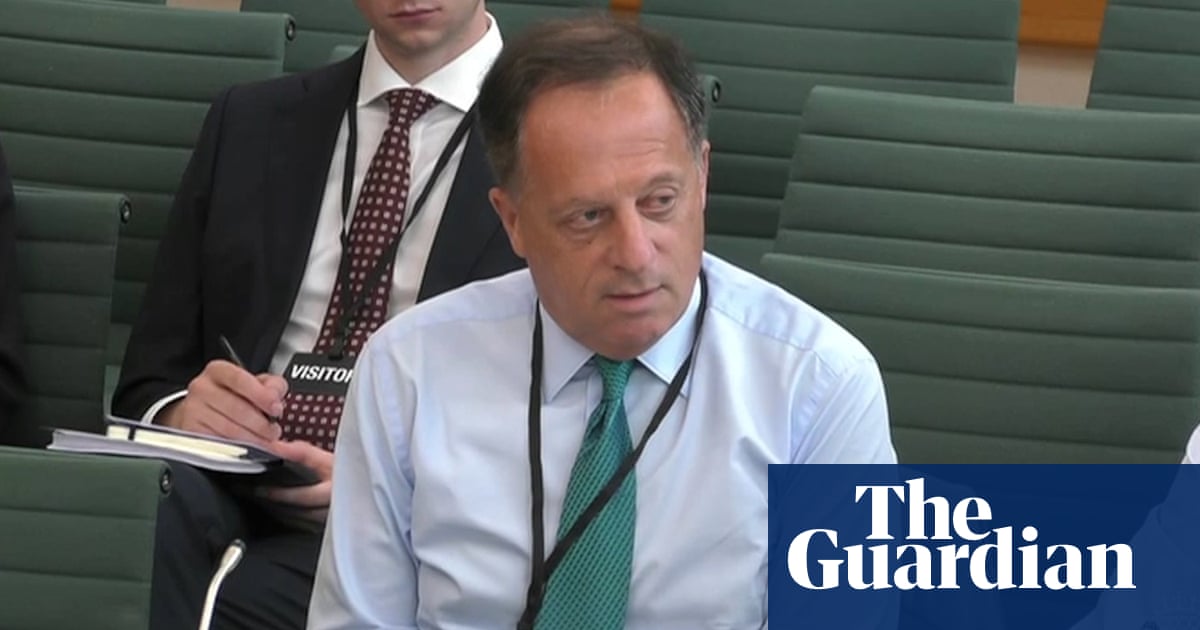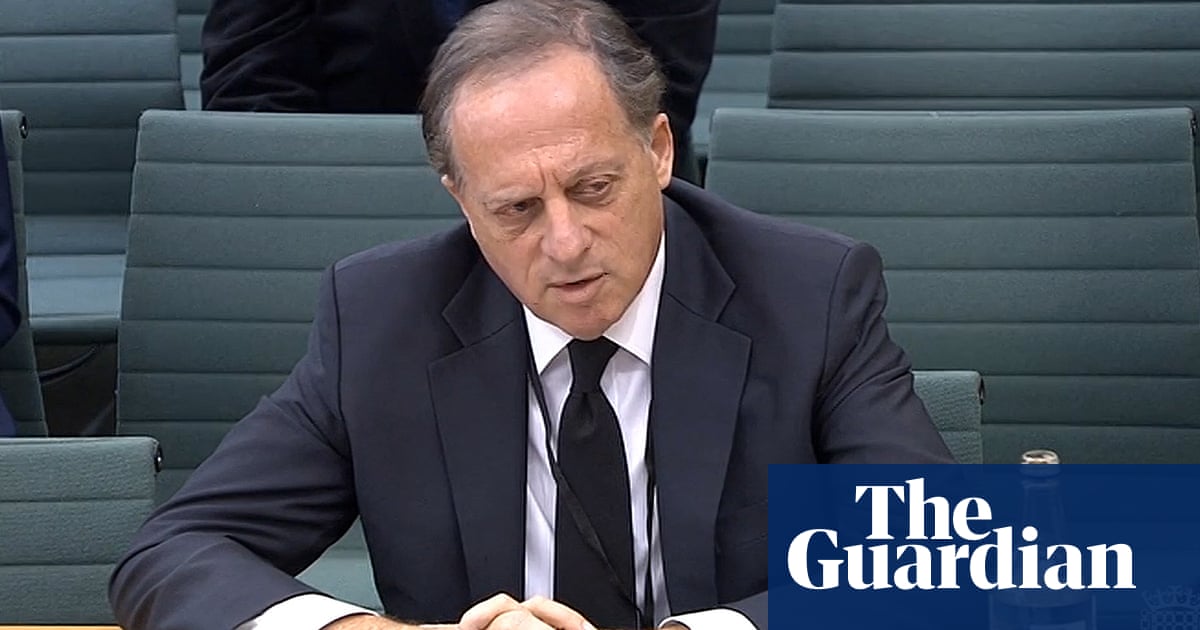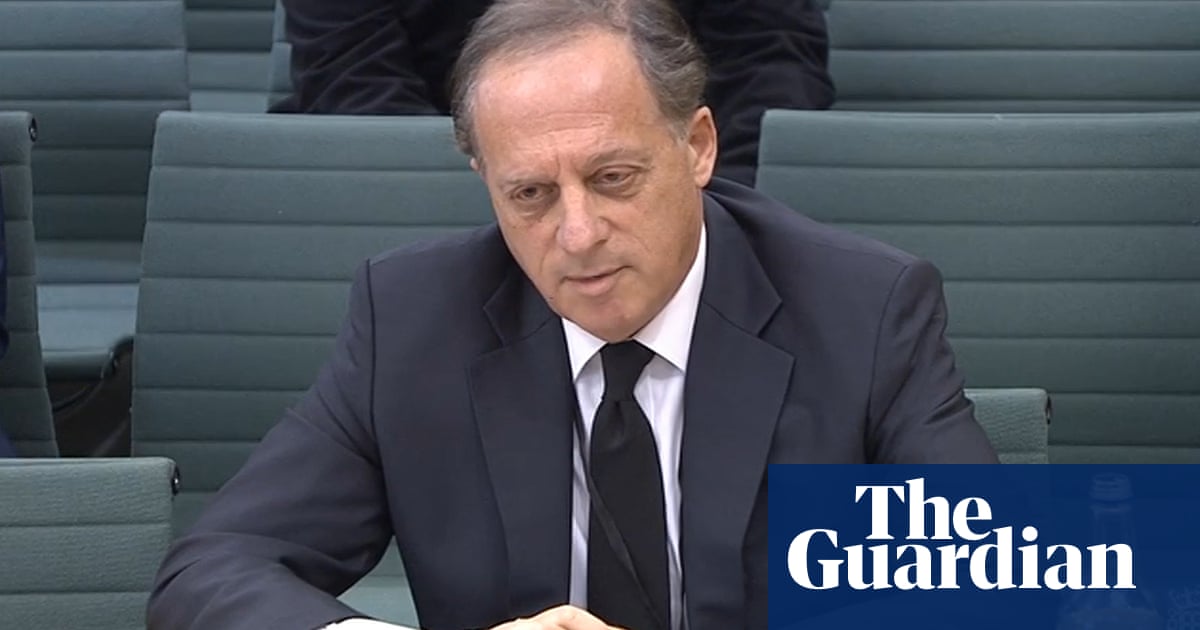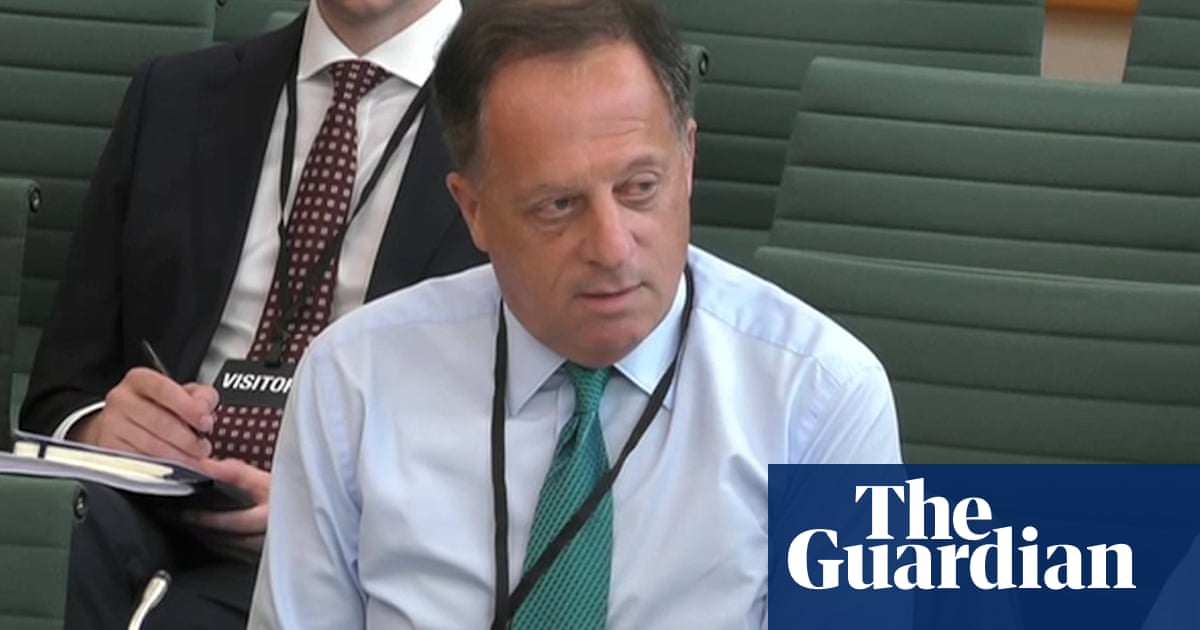
When Richard Sharp was named as BBC chair two years ago, he was worried staff had already made up their minds about him: “White, pale, male, stale,” as he put it.
Sharp certainly ticks all the right boxes when it comes to striking fear into the heart of a BBC facing seemingly constant political opposition and rounds of cuts to services and jobs ahead of a new make-or-break licence fee negotiation.
Assuming he stays for a second term Sharp, who now finds his independence under scrutiny after connecting Boris Johnson with a backer allegedly offering a loan of up to £800,000, will find himself in a unique negotiating position with the government over the future of the BBC.
Sharp was once Rishi Sunak’s boss at Goldman Sachs and was an economic adviser to Johnson when he was mayor of London. A card-carrying Tory, the 66-year-old has given more than £400,000 to the Conservative party and voted for Brexit.
It was Sharp who was on speed dial when Sunak, who was then chancellor, and whom he has said was a “fresh-out-of university” junior analyst when they first met at Goldman Sachs, was seeking an adviser to help with the government’s economic response to the Covid pandemic.
Having made an estimated £200m fortune in banking Sharp did not take the role as BBC chair for the £160,000 salary, which he gives to charity, and has sought to tackle what he sees as its inherent liberal bias driving for impartiality in news.
He has proved – outwardly at least – to have thus far shown a balanced approach. While standing fast to the view that Emily Maitlis should not have offered her opinion that it was obvious Dominic Cummings broke lockdown rules during the pandemic, he has also defended the corporation from attack.
In 2021, he defended the recruitment of Jess Brammar, the head of the BBC’s news channels, after a board member, Robbie Gibb, attempted to block it, allegedly saying the hire would destroy the government’s “fragile trust” in the corporation.
A former member of the board of the Centre for Policy Studies, the thinktank set up by Margaret Thatcher in the 1970s, Sharp marries a somewhat unusual mix of hard-nosed business acumen, gold-standard political connections and a genuine appreciation for the arts.
Sharp, who read philosophy, politics and economics at Oxford, was chair of the Royal Academy for seven years, a director of the Olympic legacy board and has held directorships including at the International Rescue Committee. He sat on the Bank of England’s financial policy committee from 2013 to 2019.
“He is very smart, asks all the right questions and is relentless until he gets an answer,” says one source. “Whatever the strength of his political beliefs he is smart enough to know that is irrelevant at the BBC, what is important is independence. You don’t get anywhere as chair of the BBC if you are not seen as independent.”
With his closest political ally elevated to the position of prime minister – “he used to be my financial modeller at Goldman” – Sharp, along with the director general, Tim Davie, will be responsible for striking a landmark deal – which could bring about the end of the licence fee – to secure the long-term sustainability of the corporation ahead of charter renewal at the end of 2027.
Sharp, who has four children from two marriages, has said BBC staff have turned out to be “incredibly welcoming”. Although this may partly be because, as he acknowledged, the alternative could have been the former Daily Telegraph editor Charles Moore, who routinely severely criticised the BBC and was a licence fee refusenik.




